Cardiac Medication Essentials from Dr. Paul Langlois
$219.00 $65.00
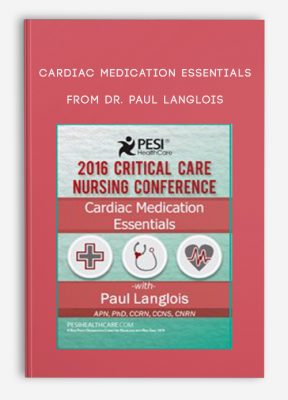
Cardiac Medication Essentials 2016 Critical Care Nursing Conference from Dr. Paul Langlois
Faculty:Dr. Paul Langlois
Duration:6 Hours 56 Minutes | Format:Audio and Video
Archive : Cardiac Medication Essentials from Dr. Paul Langlois
Get Cardiac Medication Essentials from Dr. Paul Langlois on Salaedu.com
Description:
Watch Dr. Paul Langlois, APN, PHD, CCRN, CCNS, CNRN, for an insightful and practical day focused on the common types of cardiac disorders that professionals like you see in your practice, and the medications currently used to treat them. Paul will provide you with cutting-edge information regarding the selection of particular cardiac medications, the desired outcomes, potential side effects and drug interactions. Don’t miss this opportunity to keep pace with the ever-changing field of cardiac care and, through the information gained in this seminar, reduce the risk of potential adverse consequences for your patients!
- Antiarrhythmic Agents
- Anticoagulants
- Metabolic Syndrome
- Dyslipidemia
- CHF
- Stroke
- Antihypertensive Therapy
- Dangerous Interactions
OUTLINE
Cardiac Hemodynamics: Beyond Blood Pressure and Heart Rate
- Preload
- Afterload
- Contractility
- Normal and abnormal electrocardiographic tracings
Antiarrhythmic Agents: Avoid the 3 Most Common Mistakes
- Class I agents (sodium channel blockers)
- Class II agents (beta-blockers)
- Class III agents (potassium channel blockers)
- Class IV agents (calcium channel blockers)
- AHA/ACC Anticoagulant Administration Guidelines
- Nitrates
- Aspirin
- Morphine sulfate
- Beta blockers
- Fibrinolytic agents
- Antiplatelet agents
- Anticoagulants
- ACE inhibitors
- Angiotensin receptor blockers (ARB)
Stroke Patients: Avoid 4 Common Medication Errors
- Ischemic
- Hypertension: Labetalol, Nitropaste, Nicardipine
- Hypotension: Crystalloid, Dopamine
- Thrombolytic agents
- Antiepileptic medications
- Dabigatran
- Hemorrhagic
- Correct coagulation abnormalities
- Glucose management
- Blood pressure control
- Antiepileptic medications
Metabolic Syndrome and Dyslipidemia Patients: Medications that Should NOT Be Administered Together
- NCEP ATPIII guidelines
- Lipid modifying medications
- Statins
- Fibrates
- Resins
- Niacin
- Blood glucose control
- Insulin
- Oral agents
Congestive Heart Failure: Medications to Start and Avoid Based Upon Patient Presentation Digoxin
- Nesiritide
- Diuretics
- ACE inhibitors
- ARB
- Aldosterone antagonists
- Beta-blockers
WARNING: What the Antihypertensive Therapy Guidelines Do Not Specify
- Diuretics
- Loop
- Thiazide
- Potassium-sparing
- ACE inhibitors
- ARB
- Beta-blockers
- Calcium channel blockers
- Alpha blocking agents
- Vasodilators
- Lifestyle modifications
OBJECTIVES
- Describe the four classes of cardiac medications and their effects on the function of the cardiac cycle.
- Explain the effects that each class of cardiac medications has on the cardiac cycle.
- Identify the classes of medications used to treat acute coronary syndrome.
- Discriminate between the treatments for ischemic and hemorrhagic stroke.
- Explain the benefits of medications used to treat metabolic syndrome and dyslipidemia.
- Analyze the benefits and risks of medications used to treat heart failure.
- Define the criteria used to initiate antihypertensive medications after lifestyle modifications have been employed.
- Recognize dangerous drug-drug interactions of cardiac and non-cardiac medications.
Get Cardiac Medication Essentials from Dr. Paul Langlois on Salaedu.com
1 review for Cardiac Medication Essentials from Dr. Paul Langlois
Add a review Cancel reply
Related products
HEALTH - FITNESS - LIFESTYLE - MEDICAL
HEALTH - FITNESS - LIFESTYLE - MEDICAL
HEALTH - FITNESS - LIFESTYLE - MEDICAL
HEALTH - FITNESS - LIFESTYLE - MEDICAL
HEALTH - FITNESS - LIFESTYLE - MEDICAL
HEALTH - FITNESS - LIFESTYLE - MEDICAL
HEALTH - FITNESS - LIFESTYLE - MEDICAL
HEALTH - FITNESS - LIFESTYLE - MEDICAL

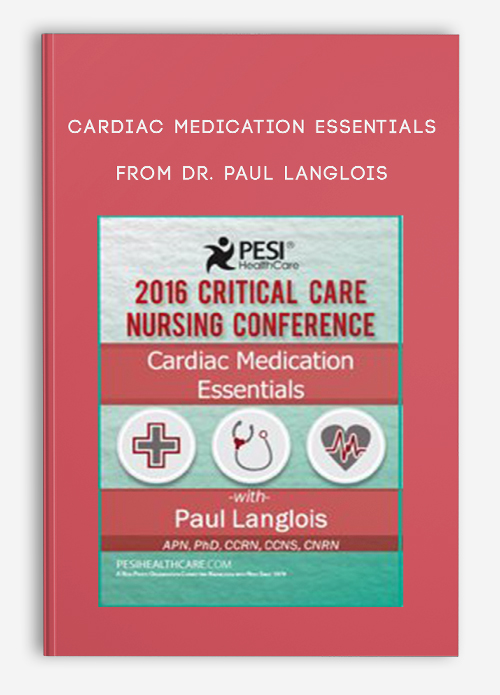

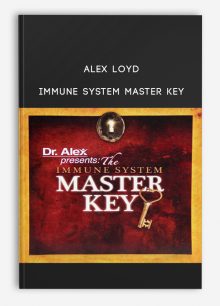

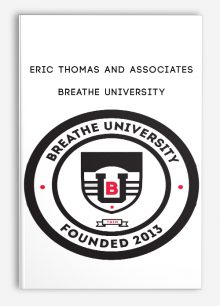
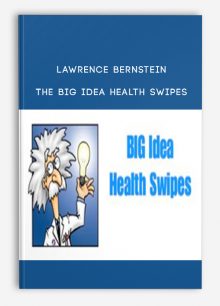



king –
We encourage you to check Content Proof carefully before paying.
“Excepted” these contents: “Online coaching, Software, Facebook group, Skype and Email support from Author.”
If you have enough money and feel good. We encourage you to buy this product from the original Author to get full other “Excepted” contents from them.
Thank you!